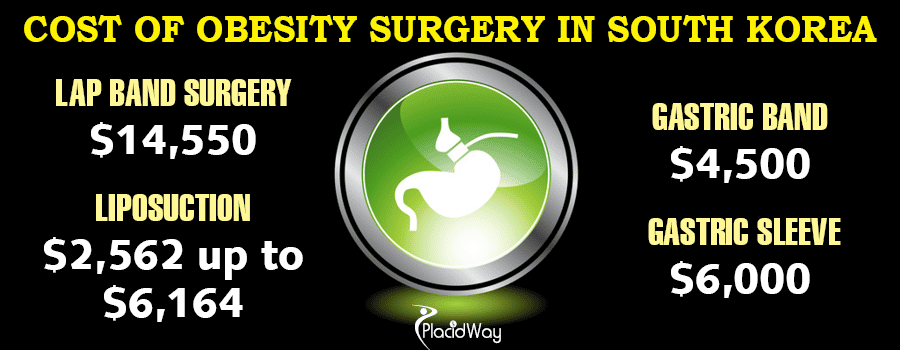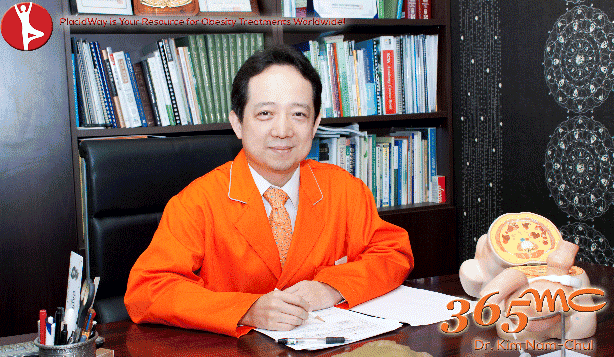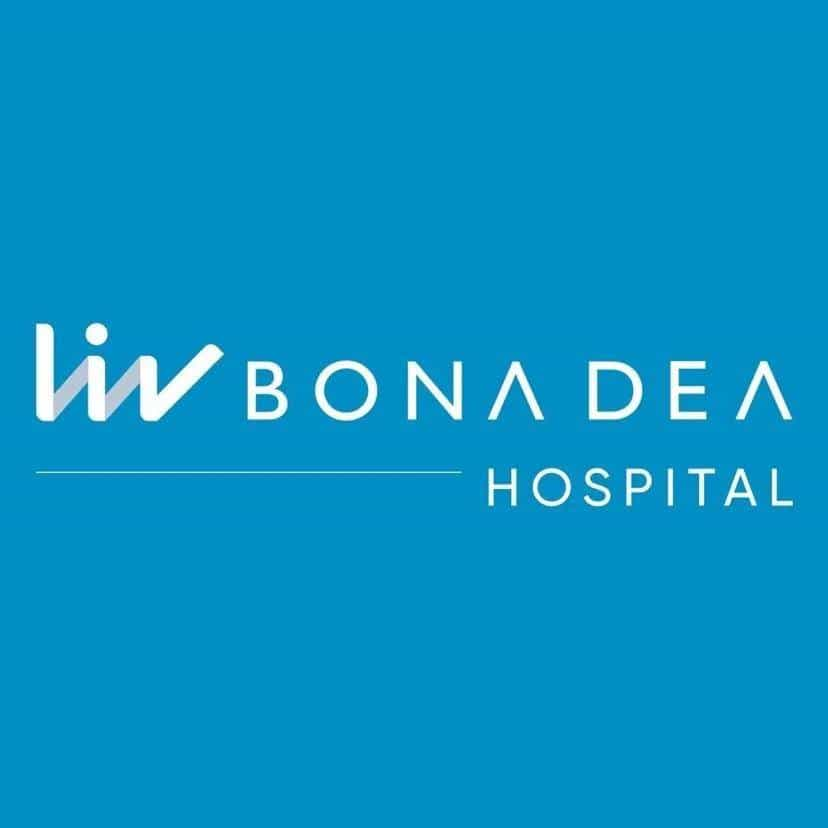
Why travel to South Korea for Obesity Surgery?
Morbid obesity is now considered a chronic condition. Its damage is manifested through ongoing metabolic destruction and chronic inflammation to various organ systems inside the body. The systemic damage eventually leads to the development of obesity-related conditions such as hypertension, Type 2 diabetes, glucose intolerance/insulin resistance, atherosclerosis, dyslipidaemia, and endocrine dysfunction among others.
Established by organizations such as the American Society for Metabolic and Bariatric Surgery, bariatric or obesity surgery is the only proven effective therapeutic/surgical measure for those with morbid obesity (BMI>40) or severe obesity (BMI>35) with associated medical conditions for Caucasians. Further, a study conducted by Song HJ and associates evaluated the cost-effectiveness of bariatric surgery compared to nonsurgical interventions to treat obesity. The study revealed that bariatric surgery was a cost-effective alternative to nonsurgical interventions over a lifetime, because it also provided considerable advantages for severely obese individuals such as the Korean people.
Preferred methods of bariatric surgery in South Korea
Understanding the science of obesity and its related adverse medical conditions helps us to understand the need for therapeutic surgical methods such as bariatric surgery. Today, there are plenty of obesity surgery variations that have their own merits. In South Korea, common bariatric surgery methods include Gastric Sleeve and Lap band combined with liposuction surgery.
If you decide to undergo bariatric surgery, bariatric surgeons in South Korea will take full responsibility and will provide individual counseling before and after the bariatric procedure. Based on years of experience, most South Korean surgeons recommend gastric bypass or gastric sleeve for patients who have a BMI of 42. They believe these two are the best choice compared to other obesity procedures.
Best Candidates for Obesity Surgery
Based on the set qualifications of the American College of Surgeons (ACS) and the American Society for Metabolic and Bariatric Surgery (ASMBS), the candidates for obesity or bariatric surgery include those who have a BMI of ? 40, or more than 100 pounds or 45 kg overweight. Individuals who have a BMI ?35 and at least two obesity- diseases such as hypertension, heart disease, type II diabetes (T2DM), sleep apnea, osteoarthritis, respiratory disorders, gastrointestinal disorders, non-alcoholic fatty liver disease, and lipid abnormalities are also considered candidates. Men and women who have an inability to achieve and maintain a healthy weight loss despite diet and exercise may also be good candidates for the surgery.
Where are medical tourists coming from to have obesity surgery?
According to a study from the Ministry of Health and Welfare, the number of South Koreans with a body mass index (BMI) above 30 or persons with extreme obesity has doubled to 5%, while those considered obese (BMI above 25) increased to 32% up from 26% in 1998. Individuals who belonged to poor income levels are the ones who are becoming obese due to lack of time or money to exercise. They are prone to eat unhealthy (junk) food so they become more overweight.
Healthcare costs in South Korea are more affordable compared to the costs found in the US and Canada. In Asia, South Korea is being heralded as one of the countries in Asia that provides internationally accredited medical and health care facilities that places importance to patient care before profit. Government agencies in South Korea ensure high quality patient care by accrediting all healthcare facilities.

South Korean medical facilities are just among the many accredited facilities that offer bariatric surgical procedures to medical tourists. Despite the visa requirements imposed to these countries, Chinese, Mongolian and Kazakhstan citizens travel to South Korea for bariatric surgery. Individuals from the US, Australia, Canada, and Singapore also consider South Korea’s surgical expertise in obesity surgery and travel to receive high standard and affordable medical care. Lack of insurance coverage, rising medical costs, long waiting times prompted most medical tourists including South Korean expats to return to their homeland for world-class healthcare.
Cost of obesity surgery in South Korea
In Korea's most notable treatment facilities, Obesity surgeons have improved and developed surgical methods in performing Lap Band Surgery which costs $14,550. In South Korea, patients opt to include a liposuction procedure that costs $2,562 up to $6,164 depending on the part of the body.
Meanwhile, they also offer affordable treatment packages for medical travelers. The Gastric Band Package costs $4,500 while the gastric sleeve costs $6,000. The package already includes the patient’s hospital stay, anesthesia fee and other medical expenses.
Should you decide to undergo bariatric surgery with our South Korean Medical Centres, we are happy to help you! Contact us for more details!

















Share this listing